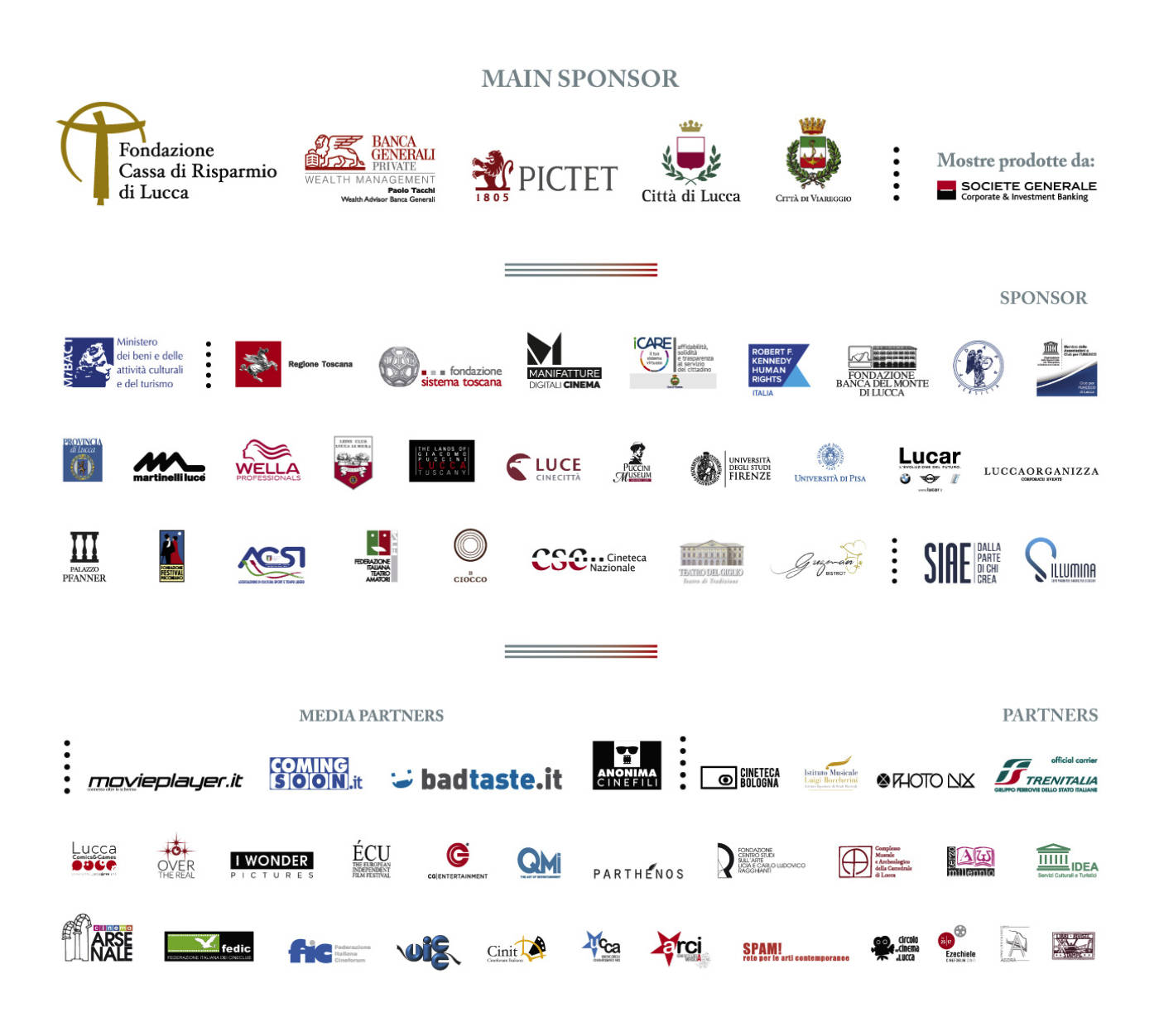(An)Other Irish Cinema – (Un’)Altro Cinema Irlandese.
Cos’è “(An)Other Irish Cinema”? Innanzi tutto sono tre “altri” cinema irlandesi…
E’ il lavoro – che ha come base l’Irlanda – di tre filmmakers indipendenti capaci di costruire, nell’arco dell’ultimo decennio, filmografie prolifiche in una situazione di completa e libera creatività dovuta dall’assenza di regole che una produzione low-budget e no-budget può concepire. Sebbene il pubblico possa facilmente notare molte differenze tra i film di Donal Foreman, Rouzbeh Rashidi e Maximilian Le Cain, essi sono collegati tra loro dalla ricerca, da un approccio alla regia basato sull’assenza di una sceneggiatura stabilita, e da un’acuta conoscenza delle storie del cinema capaci di esplorare le possibilità del medium molto prima dell’avvento delle accettate regole del multiplex.
Foreman, Rashidi e Le Cain, hanno creato “(An)Other Irish Cinema” come un piattaforma di proiezioni collegate per mostrare i propri lavori, e così facendo, proporre in Irlanda un’altra cultura di fare cinema.
L’iniziativa è stata inaugurata con tre proiezioni all’ Exchange Dublin Collective Arts Space nel Luglio 2010 e sta continuando con proiezioni nazionale e internazionali.
What is ‘(An)Other Irish Cinema’ ? (An)Other Irish Cinema is actually three ‘other’ Irish cinemas…
It is the work of three resolutely independent filmmakers based in Ireland who have built up prolific filmographies over the past decade in complete creative freedom, taking full advantage of the liberty for experimentation that low-and-no budget production offers. Although the visions audiences discover in the films of Donal Foreman, Rouzbeh Rashidi and Maximilian Le Cain are very different, they are linked by the use of exploratory, non-script-based approaches to filmmaking and by a keen awareness of the cinema histories that have explored the medium’s possibilities far beyond the accepted rules of the multiplex.
Foreman, Rashidi and Le Cain formed ‘(An)Other Irish Cinema’ as a platform for joint screenings, to showcase their work and, in so doing, to propose the possibility of an/other filmmaking culture in Ireland.
The initiative was inaugurated with three successful screenings at the Exchange Dublin collective arts space in July 2010, and is continuing with further projections both nationally and internationally.
Donal Foreman
(nato a Dublino, 1985) ha iniziato a girare film fin dall’età di 11 anni. Sin dai primi lavori ha esplorato differenti metodi di improvvisazione allo scopo di arrivare ad uno stile di regia in continua trasformazione, divertente e non semplicemente mirato alla ricerca di una fine. I sette cortometraggi che ha scritto, girato e montato, sono tutti stati realizzati in collaborazione con il direttore della fotografia Piers McGrail e con un vasto numero di attori e non attori. Ogni film è creato da un mix di scrittura, prove e improvvisazione. Tutte le opere condividono un riguardo verso i concetti di solidarietà, solitudine, memoria e fuga, con una particolare attenzione verso le sensuali minuzie del comportamento umano e alle sue relazioni con l’ambiente urbano, evidenziati dalle qualità espressive e materiali di luce, colore e suono.
Foreman è laureato alla Scuola Nazionale di Cinema a IADT ed è un ex allievo della Berlinale Talent Campus. Come critico freelance, ha scritto per numerose pubblicazioni internazionali quali Cahiers du Cinema. E’ uno dei quattro organizzatori del Dublin’s Experimental Film Club.
(born in Dublin, 1985) has been making films since he was 11. From his very first films, he has explored different improvisatory and collaborative methods in an effort to find a filmmaking process that is transformative, fun and not simply a means to an end. The seven fiction shorts that he has written, directed and edited since 2006 are all collaborations with the cinematographer Piers McGrail and a range of actors and non-actors. Each film is created through a mixture of script, rehearsal and improvisation. They share a concern with notions of togetherness, solitude, memory and escape, paying close attention to the sensual minutiae of human behaviour, relationships and interaction with urban spaces – as well as the textural and expressive qualities of light, colour and sound.
He is a graduate of the National Film School at IADT and an alumnus of the Berlinale Talent Campus. As a freelance film critic, he has written for several international publications including Cahiers du Cinema. He is also one of the four organisers and programmers of Dublin’s Experimental Film Club.
Rouzbeh Rashidi
(nato a Tehran, Iran, 1980) ha iniziato a fare film nel 2000, anno in cui fondò l’Experimental Film Society a Tehran dedicandosi all’avanguardia, allo sperimentale e alla produzione low budget.
Rashidi ha sviluppato un personale linguaggio visivo per i suoi film usando diverse soluzioni stilistiche come luce naturale, attori non professionisti, ritmi lenti, sceneggiature astratte, inquadrature statiche e molto poco dialogo. Usa diverse tecnologie e formati, tra i quali anche la web-cam, il telefono cellulare e lo scanner.
Rashidi cerca di fuggire dagli stereotipi del racconto basando i suoi film sull’interazione tra l’immagine e il suono e andando a scaturire emozioni attraverso la creazione situazioni e condizioni poetiche. Ha diretto e prodotto 40 film. Dal 2008 si dedica anche ai lungometraggi (Light & Quiet – 2008, Only Human – 2009 and Bipedality – 2010).
(born 23 December 1980 in Tehran, Iran) is an Iranian avant-garde filmmaker. He has been making films since 2000 when he founded the Experimental Film Society in Tehran and devoted himself to avant-garde, experimental and low-budget filmmaking.
He has developed a personal visual language for his films, using various stylistic devices such as natural light, non-professional actors, slow paced rhythms, abstract plots, static shots and very little dialogue. He also uses a wide range of different formats and devices to make his films, including video, web-cam, mobile phone, and scanner.
Rashidi strives to get away from the conventional stereotype of storytelling and bases his films heavily on the interaction between images and sound in order to touch emotions directly using poetic conditions and situations. He has directed and produced 40 short films. Since 2008 he has focused on feature length film projects (his three features so far are: Light & Quiet – 2008, Only Human – 2009 and Bipedality – 2010).
Maximilian Le Cain
(nato nel 1978) ha realizzato più di 40 corto/medio-metraggi nel corso dell’ultima decade. E’ altresì un critico di cui gli articoli sono apparsi in numerose riviste internazionali, tra i quali Senses of Cinema, e in diversi libri. E’ editore della rivista on-line del Cork Film Centre, Experimental Conversation.
Ha scritto dei suoi lavori sperimentali:
La mia cultura è il cinema, incluso quello sperimentale. C’è il cinema e ciò che è chiamato “realtà”. C’è il corpo, il mio in questo esempio, e poi c’è la notte. Ci sono limiti, fallimenti e sensazioni stravolgenti. Suono, immagine, silenzio: oblio. E’ nell’oscuro incrocio di tutto questo che butto giù i miei schizzi audiovisivi. Forse è un tentativo di riconciliare tutti questi elementi? Più probabilmente, semplicemente un posto in cui esistere con più precisione. Movimento sulla cuspide dell’esaurimento e del degrado, la creazione in un momento in cui ogni film è stato fatto. Ma l’energia persiste e le immagini continuano a muoversi, muoversi nel buio, senza sosta, collegando il corpo e la notte in una moltitudine di ritmi mutevoli.
(born 1978) has made more than forty short and medium-length films and videos over the past decade. He is also a film critic whose writings have appeared in a broad range of international film journals, most notably Senses of Cinema, and in several books. He is editor of Cork Film Centre’s online experimental film magazine Experimental Conversations.
He has written of his always formally experimental work:
My culture is cinema, including experimental film. There is cinema and what is called ‘reality’. There is the body, mine in this instance, and then there is the night. There are limits, failures and overwhelming sensations. Sound, image, silence: oblivion. It is at the obscure intersection of all these that I jot down my audio-visual sketches. Perhaps a bid to reconcile these elements? More likely, simply a place to exist with accuracy. Movement on the cusp of exhaustion and decay, creation in a time when every film has been made. But the energy persists and the images keep moving, moving in darkness, ceaselessly linking the body and the night in a multitude of shifting rhythms.
Film in programma / Films in programme
Donal Foreman
Pull
20’, 2009
Più di un giorno d’estate a Dublino. Una ragazza di riprendere il contatto con vecchi amici, ne fa di nuovi e raggiunge un dolente punto di svolta nel suo rapporto più intimo.
Over one summer day in Dublin, a girl reconnects with old friends, makes new ones and reaches a painful turning point in her most intimate relationship.
Repeat
12’, 2009
Un ritratto frammentario di una donna giovane insicura cercando di fuggire dal ricordo di una relazione passata attraverso un intensa notte in città.
A fragmented portrait of an insecure young woman, trying to escape the memory of a past relationship through an intense night on the town.
Refuge
10’, 2010
Turbato da una conversazione telefonica, un uomo lascia il suo ufficio a Dublino e cammina attraverso la città, passando quartiere più moderno nella periferia trascurata e incompiuta, verso una destinazione sconosciuta.
Unsettled by a phone conversation, a man leaves his Dublin office and walks through the city, from its most modernised district into its neglected, unfinished outskirts, headed towards an unknown destination.
Rouzbeh Rashidi
Flooded Meadow
7’, 2009
Un film sperimentale astratto su di una ragazza dalle continue visioni.
An abstract experimental film about a girl who talks and sees visions constantly.
History of Cinema
33’, 2008
Una derivazione sperimentale del concetto di cinema, che si esprime attraverso la percezione di immagini e suoni. Il film si propone di rispecchiare il concetto della settima arte in completa libertà di interpretazione.
An experimental derivation from the concept of cinema, expressing this perception through images and sound. The film aims to reflect the notion of the seventh art with complete personal and free interpretation.
Maximilian Le Cain
Everybody’s Favourite Disease
3’, 2010
La prima luce dell’ultimo giorno..
The first light of the last day…
Making a Home
9’, 2007
Deve essere qui da qualche parte, no?
It must be here somewhere, wasn’t it?
Valley of the kings
10’, 2008
Notte di halloween nelle tombe spogliate del cinema. Esse non vogliono essere reali …
Halloween night in the despoiled tombs of cinema. They didn’t want to be real…


